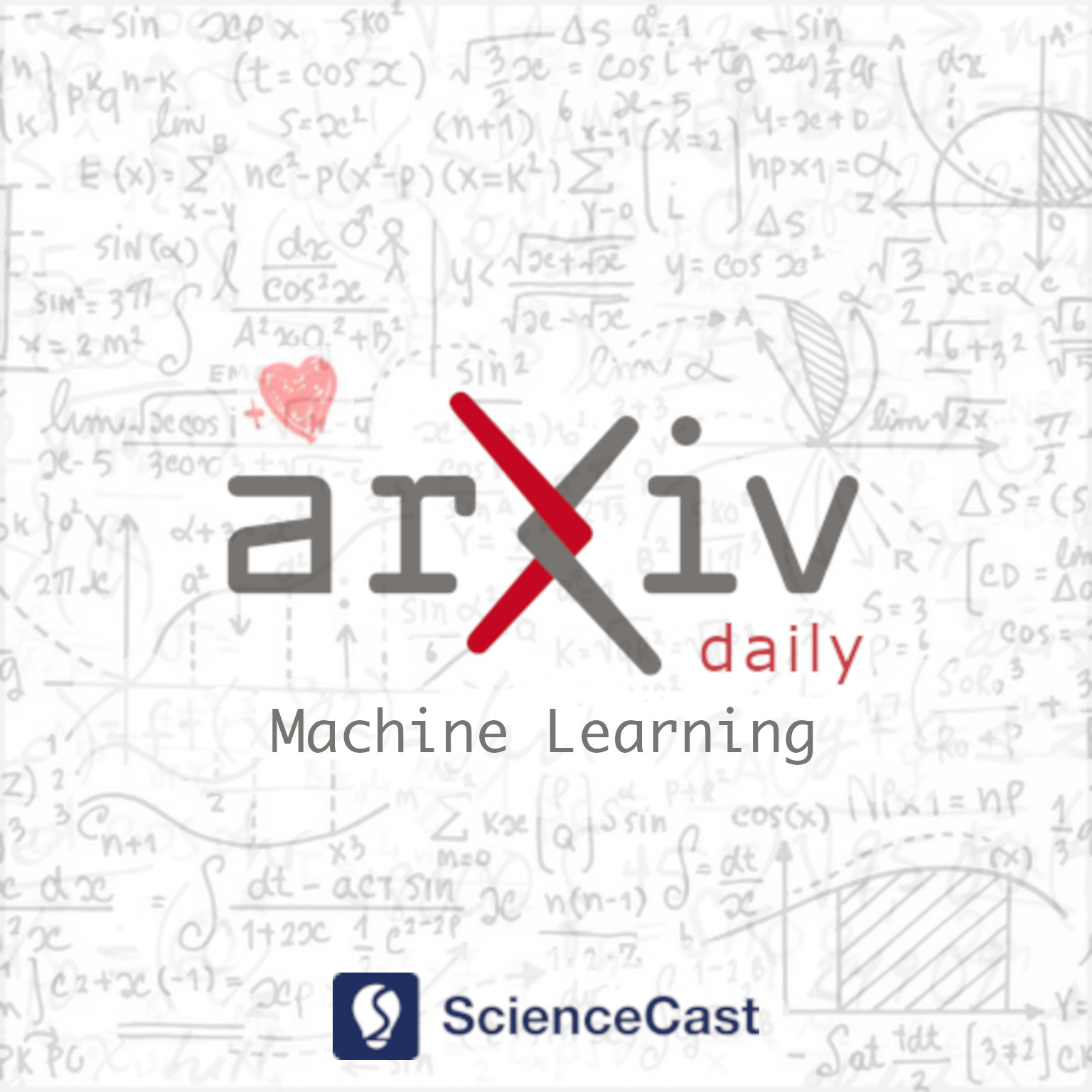
Machine Learning (stat.ML)
Thu, 31 Aug 2023
1.Branches of a Tree: Taking Derivatives of Programs with Discrete and Branching Randomness in High Energy Physics
Authors:Michael Kagan, Lukas Heinrich
Abstract: We propose to apply several gradient estimation techniques to enable the differentiation of programs with discrete randomness in High Energy Physics. Such programs are common in High Energy Physics due to the presence of branching processes and clustering-based analysis. Thus differentiating such programs can open the way for gradient based optimization in the context of detector design optimization, simulator tuning, or data analysis and reconstruction optimization. We discuss several possible gradient estimation strategies, including the recent Stochastic AD method, and compare them in simplified detector design experiments. In doing so we develop, to the best of our knowledge, the first fully differentiable branching program.
2.Everything, Everywhere All in One Evaluation: Using Multiverse Analysis to Evaluate the Influence of Model Design Decisions on Algorithmic Fairness
Authors:Jan Simson, Florian Pfisterer, Christoph Kern
Abstract: A vast number of systems across the world use algorithmic decision making (ADM) to (partially) automate decisions that have previously been made by humans. When designed well, these systems promise more objective decisions while saving large amounts of resources and freeing up human time. However, when ADM systems are not designed well, they can lead to unfair decisions which discriminate against societal groups. The downstream effects of ADMs critically depend on the decisions made during the systems' design and implementation, as biases in data can be mitigated or reinforced along the modeling pipeline. Many of these design decisions are made implicitly, without knowing exactly how they will influence the final system. It is therefore important to make explicit the decisions made during the design of ADM systems and understand how these decisions affect the fairness of the resulting system. To study this issue, we draw on insights from the field of psychology and introduce the method of multiverse analysis for algorithmic fairness. In our proposed method, we turn implicit design decisions into explicit ones and demonstrate their fairness implications. By combining decisions, we create a grid of all possible "universes" of decision combinations. For each of these universes, we compute metrics of fairness and performance. Using the resulting dataset, one can see how and which decisions impact fairness. We demonstrate how multiverse analyses can be used to better understand variability and robustness of algorithmic fairness using an exemplary case study of predicting public health coverage of vulnerable populations for potential interventions. Our results illustrate how decisions during the design of a machine learning system can have surprising effects on its fairness and how to detect these effects using multiverse analysis.
3.Information Theoretically Optimal Sample Complexity of Learning Dynamical Directed Acyclic Graphs
Authors:Mishfad Shaikh Veedu, Deepjyoti Deka, Murti V. Salapaka
Abstract: In this article, the optimal sample complexity of learning the underlying interaction/dependencies of a Linear Dynamical System (LDS) over a Directed Acyclic Graph (DAG) is studied. The sample complexity of learning a DAG's structure is well-studied for static systems, where the samples of nodal states are independent and identically distributed (i.i.d.). However, such a study is less explored for DAGs with dynamical systems, where the nodal states are temporally correlated. We call such a DAG underlying an LDS as \emph{dynamical} DAG (DDAG). In particular, we consider a DDAG where the nodal dynamics are driven by unobserved exogenous noise sources that are wide-sense stationary (WSS) in time but are mutually uncorrelated, and have the same {power spectral density (PSD)}. Inspired by the static settings, a metric and an algorithm based on the PSD matrix of the observed time series are proposed to reconstruct the DDAG. The equal noise PSD assumption can be relaxed such that identifiability conditions for DDAG reconstruction are not violated. For the LDS with WSS (sub) Gaussian exogenous noise sources, it is shown that the optimal sample complexity (or length of state trajectory) needed to learn the DDAG is $n=\Theta(q\log(p/q))$, where $p$ is the number of nodes and $q$ is the maximum number of parents per node. To prove the sample complexity upper bound, a concentration bound for the PSD estimation is derived, under two different sampling strategies. A matching min-max lower bound using generalized Fano's inequality also is provided, thus showing the order optimality of the proposed algorithm.